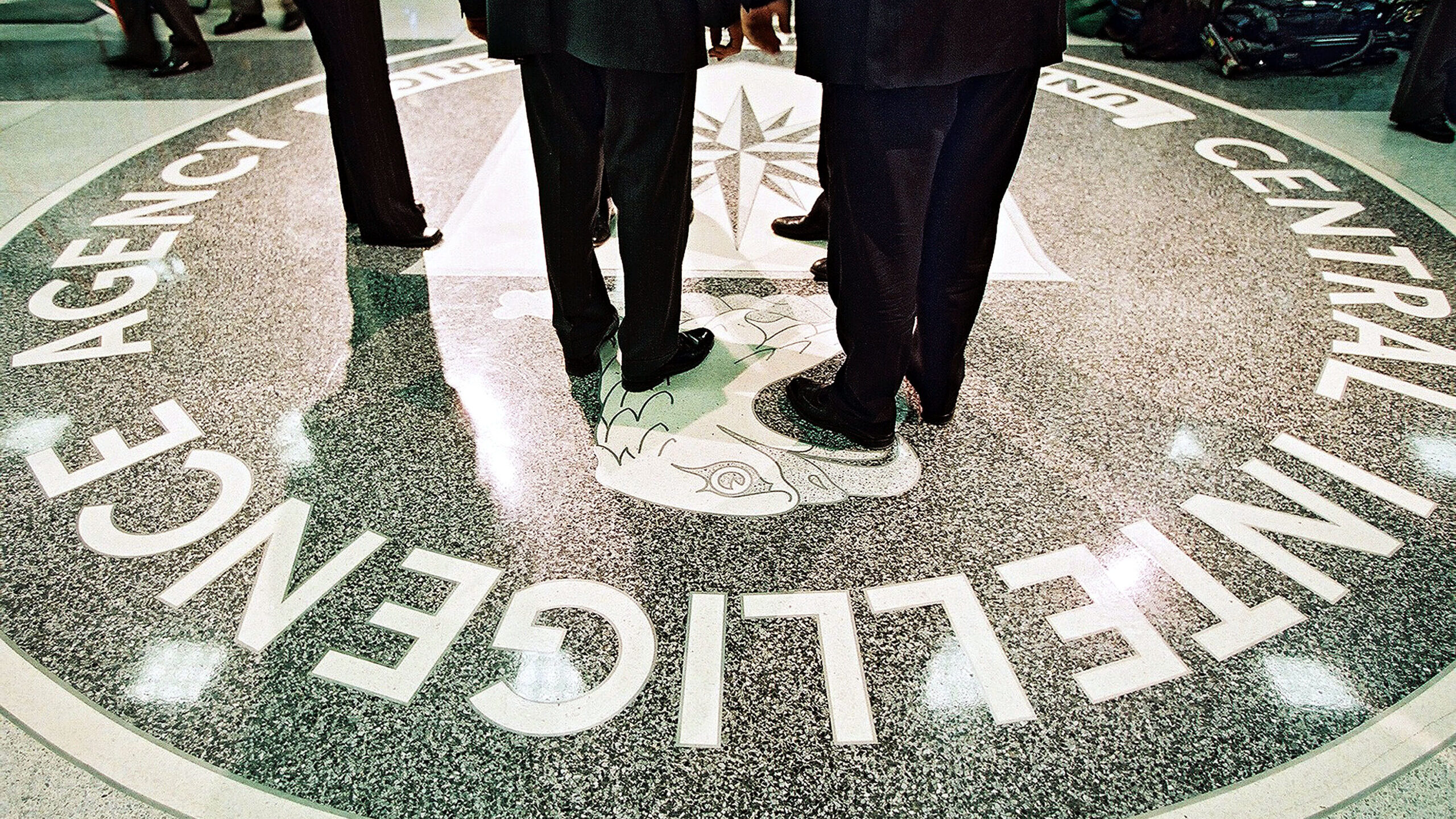COLIN CLARK

WASHINGTON: Several experts with extensive intelligence experience are raising questions about just how effective the CIA’s new China Mission Center will be and offering advice on how to ensure it functions as well as it must.
The CIA announced Thursday the creation of the CMC, the newest of almost a dozen at the agency. “CMC will further strengthen our collective work on the most important geopolitical threat we face in the 21st century, an increasingly adversarial Chinese government,” CIA Director William Burns said in a statement.
The statement echoed what US officials and experts have said for years about China, but one former senior intelligence officer was immediately skeptical.
“We continue to follow the Brennan re-org, which emasculated the organization’s mission of stealing secrets,” the former officer told Breaking Defense, referring to former CIA Director John Brennan. “No doubt this new mission center, headed up by the analysts, will require a hiring surge, more people and a new building in Reston. (I thought the ‘pivot’ to Asia happened several years ago? With a new Powerpoint presentation, the latest pivot begins!!)”
The ex-officer pleaded for CIA to focus on human intelligence [HUMINT]. “For Huminters it is access, and access comes with territory, i.e. we have to be overseas engaging these targets,” and not in Washington building budgets and buildings.
“Given our poor record against the Chinese,” the official said, referencing the deadly collapse of an espionage network there, “maybe we should start with good tradecraft and attention to CI [counterintelligence]. Basics. There is no silver bullet.”
Another former senior intelligence officer welcomed the move, noting that “a new approach to organizing intelligence and counterintelligence to provide insight to, and protection from Chinese intelligence is long overdue.”
Nick Eftimiades, who served in the CIA, DIA and State Department, said in an email that, “many challenges [are] facing the new China Mission Center, including developing cultural and area knowledge, language capabilities, and cyber, scientific and engineering expertise.”
Eftimiades described the Intelligence Community’s analysis and espionage efforts regarding China this way: “At best, US intelligence collection and analysis against China is only good. China presents an extraordinary strategic challenge to the US and its allies.”
Still, he said that while the China Mission Center “is one step in the right direction,” the IC must fill “many intelligence gaps in support of US policy makers, diplomatic efforts, and military planning. And our counterintelligence resources and capabilities against China are quite insufficient to protect the US government, no less the defense industrial base and commercial companies.”
The recipient of the DIA Director’s Intelligence Award, DIA’s highest honor, stressed the CMC must be “expansive enough in its mission to assist the FBI, DOD, and DHS in protecting the US commercial and technological infrastructure, which is under siege by China’s intelligence services, state owned enterprises, and select universities.”
Larry Wortzel, an éminence grise of Chinese military intelligence who witnessed the Tianamen Square massacre while serving in Beijing as a military attaché, is “skeptical” about the mission center. He worries that the new mission center will be run by political appointees, making it more likely that “the quality, factuality and reliability of any judgements” will suffer from bias or interference.
“The fact is, however, that the leaders of such groups and the agencies that create them most often are political appointees. That means that often some sort of ideological bias may cloud assessments coming out of ‘mission centers,” Wortzel said, while carefully noting he has not worked for CIA. “It often means that political appointees do not necessarily pass on assessments that they know their appointing official does not want to hear.
Wortzel pointed to the “terribly flawed” intelligence former President George W. Bush received from his “center” about Iraqi chemical biological weapons, and to the “tainted” assessments Lyndon Johnson received about Vietnam.
“The same is true of information given to President Kennedy about the viability of the Bay of Pigs invasion,” Wortzel says.
Building a truly useful CMC capability at CIA, Eftimiades notes, will take a long time and require support from the ODNI and outside government.
“It took decades for the Intelligence Community to build the requisite knowledge and capabilities necessary to counter the former Soviet Union. For China, we are quite a ways off from that level of knowledge,” he said. “My personal hope is that the new China Mission Center reaches out to academia as its most effective means to understand China and its global ambitions.”
No comments:
Post a Comment